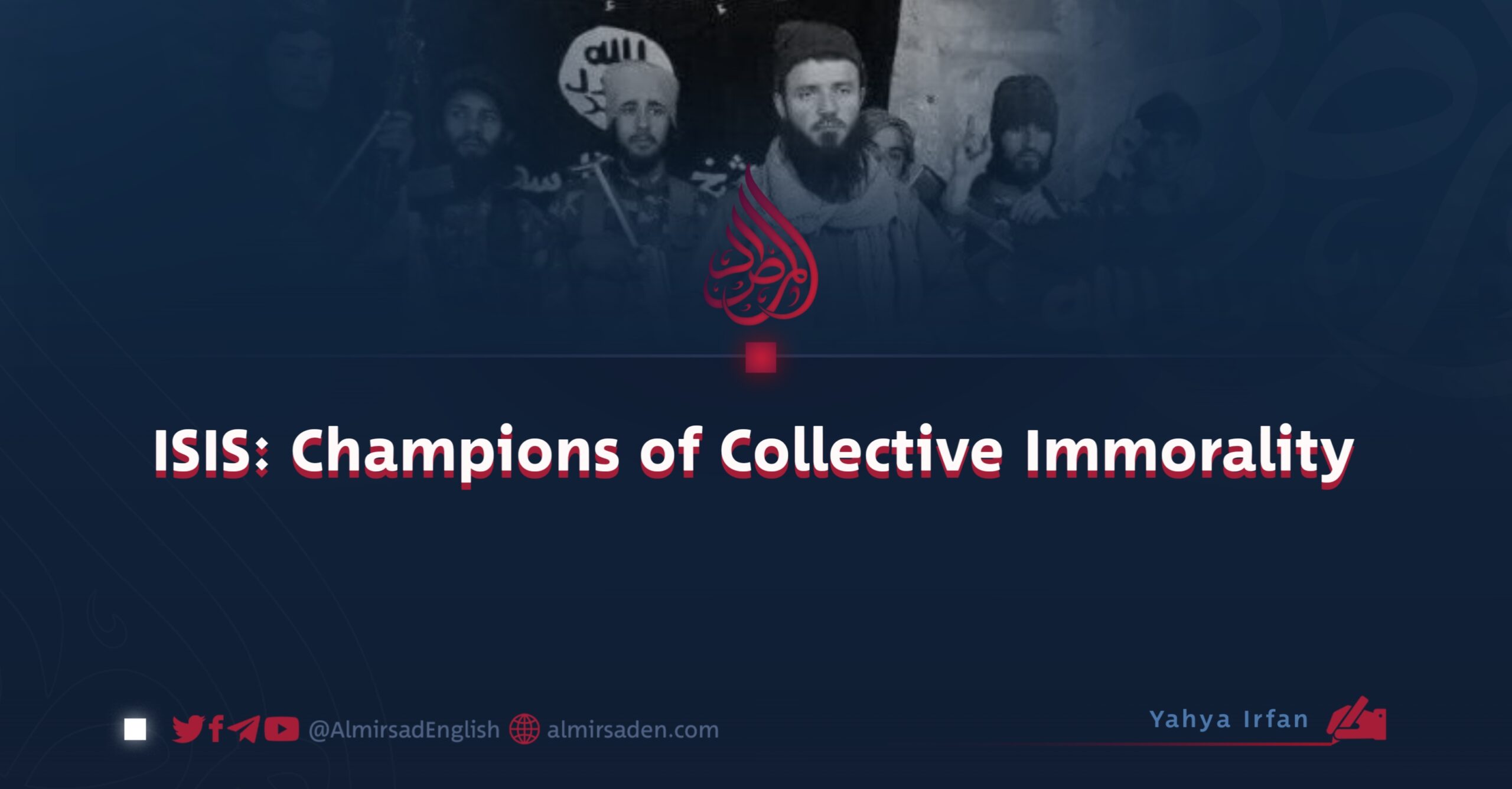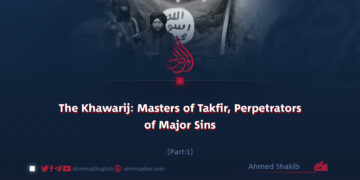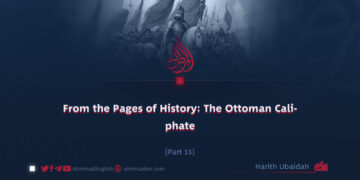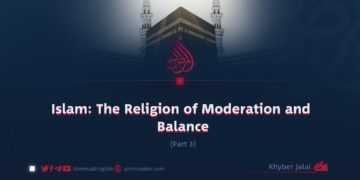Written by: Yahya Irfan
ISIS does not hold a place among all the groups within the Islamic Ummah known as Ahl al-Sunnah waal-Jama’ah. This is because the religious course of ISIS is unclear; therefore, individuals worldwide who associate with ISIS do not possess a defined, sound, accepted belief system based on religious principles.
Those whose belief path remains unclear and find themselves in a state of confusion are often individuals led by human desires, seeking a religious ideology that caters more to human desires than to divine approval.
ISIS deems married women from various Islamic sects as permissible for its followers and encourages taking them as sex slaves for themselves, asserting that committing sexual violence against them is acceptable. Consequently, many desire-driven youths and misguided individuals are lured into joining ISIS.
Upon joining ISIS, these young men encounter various categories of women within their ranks, including some who serve as agents for intelligence networks from infidel countries, purposefully integrating with ISIS youths to allure them and engage in immoral activities.
Moreover, some women are forcibly taken from Muslim individuals to be used as sex slaves and subjected to sexual violence. Certain families are fully aligned with ISIS, with all female members coexisting among ISIS militants without any constraints. In certain instances, leaders within these groups even endorse such misconduct to retain desire-driven youths and advance the agendas of ISIS.
As these youths find a place for their desires within ISIS ranks, which are portrayed as religious acts, and unmarried women are introduced to them as concubines (sex slaves), they are further steered towards deviation and misguidance. Consequently, they begin to perceive all other Islamic beliefs as incorrect, eventually leading them to engage in immoral behaviors, distance themselves from their communities, and develop dependencies on various forms of misconduct.
Through this process, ISIS instills in youths a mindset where group misconduct appears favorable and instigates them to act upon it, consequently facilitating collective immorality within Muslim communities.



















































